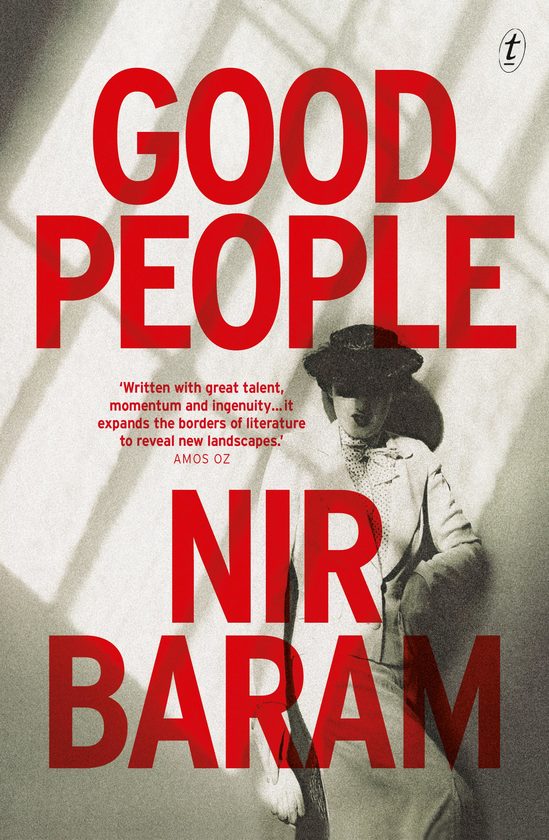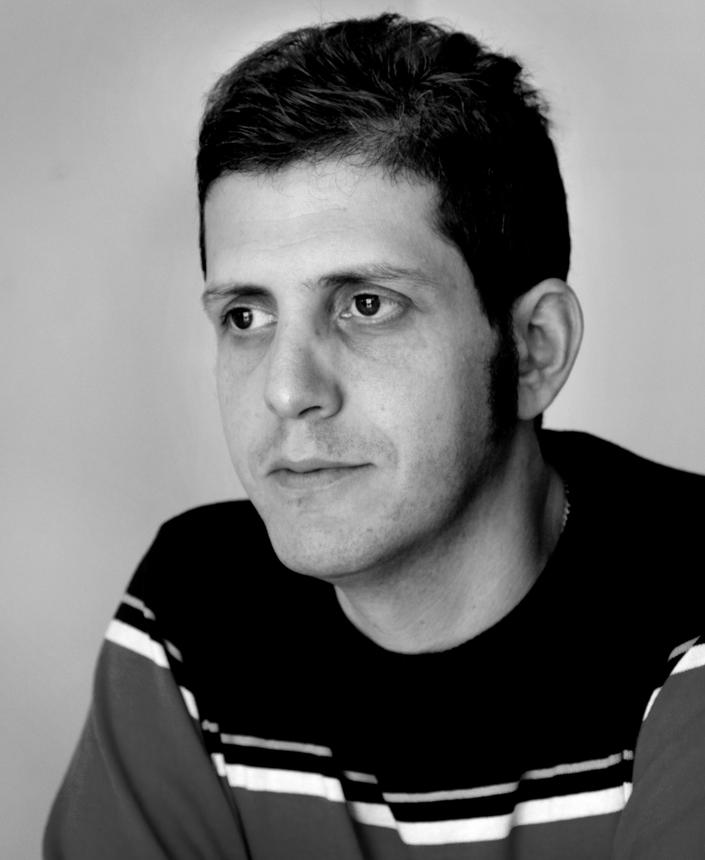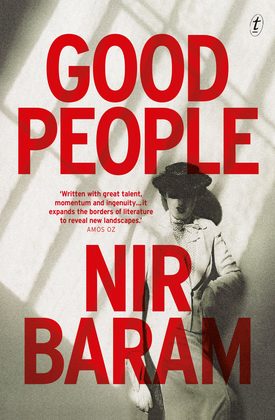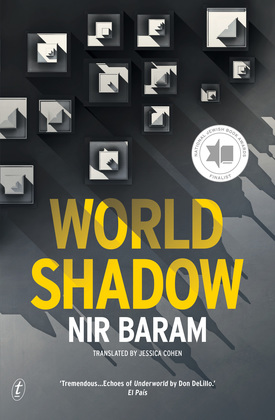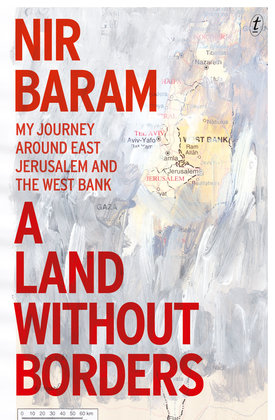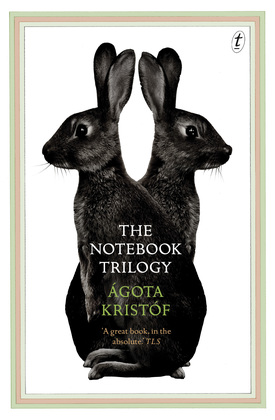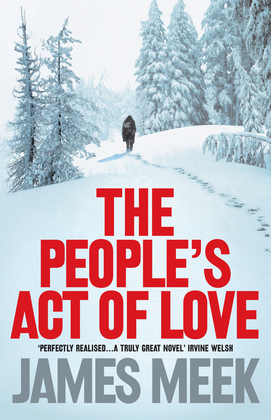Translated by Jeffrey Green
It’s late 1938.
Thomas Heiselberg has built a career in Berlin as a market researcher for an American advertising company.
In Leningrad, twenty-two-year-old Sasha Weissberg has grown up eavesdropping on the intellectual conversations in her parents’ literary salon.
They each have grand plans for their lives. Neither of them thinks about politics too much, but after catastrophe strikes they will have no choice.
Thomas puts his research skills to work elaborating Nazi propaganda. Sasha persuades herself that working as a literary editor of confessions for Stalin’s secret police is the only way to save her family.
When destiny brings them together, they will have to face the consequences of the decisions they have made.
Nir Baram’s Good People has been showered with praise in many countries. With its acute awareness of the individual amid towering historical landscapes, it is a tour de force: sparkling, erudite, a glimpse into the abyss.
andGood People
‘Quite possibly, Dostoyevsky would write like this if he lived in Israel today.’
‘Written with great talent, momentum and ingenuity…it expands the borders of literature to reveal new landscapes.’
‘One of the most intriguing writers in Israeli literature today.’
‘[Baram] asks what kind of people would choose to serve…empires of falsehood with their eyes open and their minds sharp. Not monsters or even cynics, he answers in a pacey, plot-heavy novel of dramatic events and big ideas, but gifted storytellers fuelled by ordinary motives of love, loyalty or ambition.’
‘Good People rewards the reader’s patience while mining a tragic sense of irony that extends all the way to its title.’
‘Baram uses intense geographical plotting and is chillingly eloquent…[Good People] is tremendous. I read it in two sittings and I learned a lot. How does a man in his early 30s know how to write like this?’
‘Good People is a richly textured panorama of German and Russian life…This ample novel lives most memorably through Baram’s vignettes of people, dwellings, cities, landscapes and the like that seem to lie, at times, at the periphery of its central concerns.’
‘A groundbreaker…Riveting reading.’
‘Good People is the tale of ordinary, middle-class lives sucked into a moral maelstrom. It is compulsive and profoundly disturbing.’
‘A taut, compelling novel that’s hard to put down…By creating an imaginary situation, Baram also refreshes the discourse away from clichés and stereotypes. It shows how people who were indifferent to politics can be sucked into its grasp.’
‘Precise and evocative, Good People is a riveting glimpse into a different place and a different time.’
‘Astonishingly powerful…[A] compelling, important story.’
‘[Nir Baram’s] narrative anatomises the malleability and fragility of truth, during lives of monstrous brutality and incoherence. Order is ephemeral; chaos is always just a falter away. Meaning and morality are quickly twisted. Unrelenting and undeniable, this is a savage, sometimes horrifyingly comic, autopsy on the warping of once-decent people.’
‘Good People has been showered with praise for its elegance prose and scope…By putting the types of people who brought about the Second World War under a microscope, Baram creates an allegorical warning bell.’
‘Chillingly captures the terrors and tensions of life under Stalin and Hitler. The chapters set in Russia are particularly effective, carrying the suspense of a spy thriller. Nir Baram explores the frightening speed and ease with which ordinary people become functionaries in totalitarian societies.’
‘Good People is a subtle, original, and fascinating take on the wartime story. We forget that the brutality was as much a bureaucratic effort as a military one. We forget that even the most massive, most evil forces are comprised of moving human parts. If Good People has a moral, it is this: the totalitarian state will attempt to possess the individual by co-opting his (relatively innocent) instincts—ambition, greed, security and love. The question at heart is if it is possible within an evil system to be good.’


